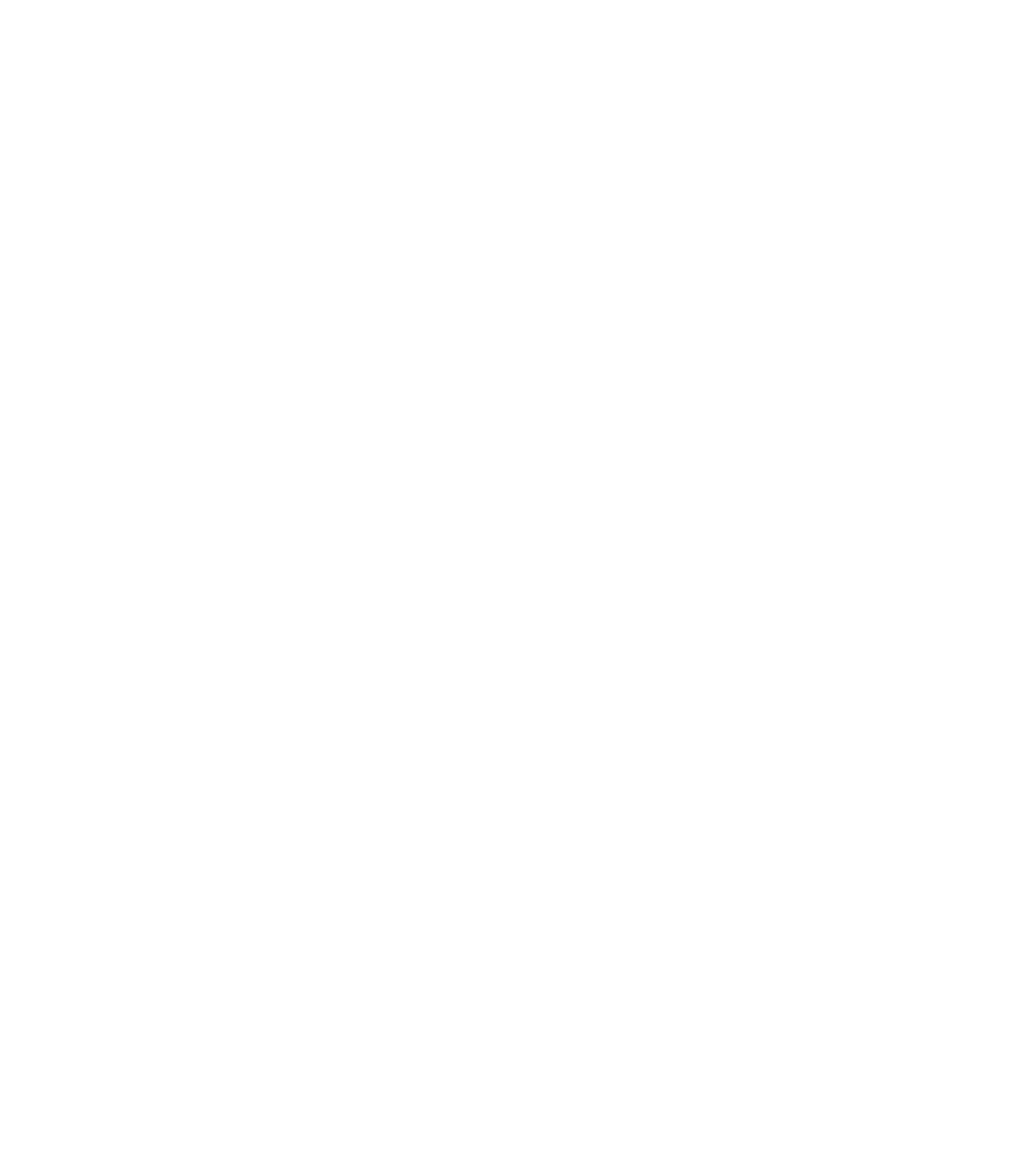A mental health counselor plays a crucial role in guiding us towards improved well-being. In today's fast-paced world, prioritizing mental health is essential. By addressing mental health issues, they support us in achieving a balanced life. This article will explore the vital role of therapists and how they can enhance your quality of life.
What Does a Mental Health Counselor Do?
A mental health counselor is a trained professional who helps individuals, couples, and families navigate various emotional, psychological, and behavioral challenges. They are skilled in assessing, diagnosing, and treating a wide range of mental health issues. Therapists typically hold at least a master's degree in counseling or a related field and are licensed to practice in their state.Education and Training Requirements
Therapists undergo extensive education and training, including:- A bachelor's degree in psychology, counseling, or a related field
- A master's degree in counseling, clinical mental health counseling, or a related field
- Supervised clinical experience (usually around 2,000-4,000 hours)
- Passing a state licensing exam
Licensing and Certification Process
After completing their education and supervised clinical experience, mental health counselors must pass a state licensing exam, such as the National Counselor Examination (NCE) or the National Clinical Mental Health Counseling Examination (NCMHCE). Additionally, they are required to participate in ongoing continuing education to maintain their licensure and stay current with industry standards and best practices.Scope of Practice of a Mental Health Counselor
Therapists work with clients to address a variety of mental health issues, including:- Anxiety and stress
- Depression
- Relationship issues
- Grief and loss
- Trauma and abuse
- Children and adolescents
- Adults
- Couples and families
- Special populations (e.g., LGBTQ+, veterans, etc.)
- Cognitive-behavioral therapy (CBT)
- Dialectical behavior therapy (DBT)
- Psychodynamic therapy
- Solution-focused brief therapy (SFBT)
The Mental Health Counseling Process
Assessment and Diagnosis
A therapist begins by identifying underlying issues and developing an accurate diagnosis. They gather information about the client's background, symptoms, and concerns to better understand the problem and determine the most appropriate course of action.Developing a Personalized Treatment Plan
Together with the client, the counselor sets goals and objectives for therapy. They choose evidence-based therapeutic interventions tailored to the client's needs, preferences, and unique circumstances.Implementing Therapeutic Interventions
The therapist employs various therapeutic interventions, such as:- Individual counseling
- Group therapy
- Family and couples counseling
Monitoring Progress and Adjusting Treatment as Needed
Throughout the counseling process, the therapist regularly reviews treatment goals and assesses the client's progress. They adapt the treatment plan as needed to ensure continued progress and address any new concerns that may arise.Benefits of Working with a Mental Health Counselor
Working with a mental health counselor offers numerous benefits, including:- Improved emotional well-being
- Enhanced relationships and communication skills
- Increased self-awareness and personal growth
- Effective coping strategies for stress and other challenges
- Overall improvement in quality of life
Finding the Right Mental Health Counselor for You
Considerations When Searching for a Counselor
When looking for a mental health counselor, consider the following:- Location: Find a mental health counselor in Lehi, UT or nearby areas to ensure accessibility and convenience.
- Specializations and expertise: Choose a counselor with experience and training in addressing the specific issues you are facing.
- Compatibility and rapport: A strong therapeutic relationship is essential for effective counseling, so it's important to find a counselor you feel comfortable with and trust.

